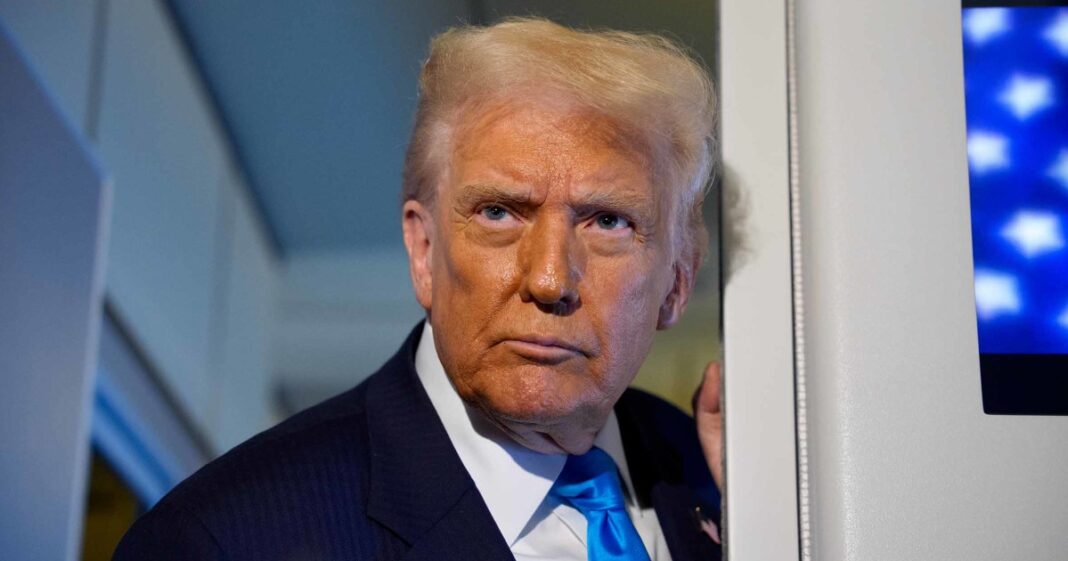Legislative Tensions Surrounding Obamacare Subsidies: A Closer Look
The Current State of Affairs
Senate Majority Leader John Thune, a Republican from South Dakota, has recently garnered attention for his statements regarding the future of Obamacare subsidies. As discussions heat up in Washington, Thune has made it clear that he cannot provide any assurances to Democrats regarding the extension of health care premium tax credits, particularly in the wake of the ongoing government shutdown. This uncertainty has amplified the urgency around addressing health care concerns, especially among those depending on these subsidies for affordable insurance.
Guarantees and Limitations
In a recent press briefing, Thune communicated that while he acknowledges the need for a vote on the matter, he cannot promise a favorable outcome. This distinction between process and result is crucial in Washington’s often polarized landscape. “I can guarantee them a process,” he stated, underscoring his commitment to facilitating legislative discussions. However, he emphasized that the actual decision lies beyond his control, particularly when it comes to the House of Representatives, which complicates the pathway to any potential resolution.
A Call for Bipartisanship
In an effort to navigate this impasse, Thune has engaged with key senators, including Angus King (I-Maine) and Jeanne Shaheen (D-New Hampshire). During these discussions, he reiterated his position: while there’s a willingness to allow debate, the uncertainty around the actual passage of any extensions looms large. Senate Democrats are also keenly aware of this dynamic and are expected to use their weekly policy lunch to explore potential compromises.
Strategies for Moving Forward
Thune expressed hope that Democrats would emerge from their meetings united in a willingness to vote on government funding. “Hopefully they’ll come out of there with 10 or more that are willing to vote to open the government,” he remarked, highlighting the need for consensus among lawmakers. This collaborative approach is essential if they are to overcome the stalemate and avoid deeper repercussions for government operations and health care access.
Flexibility Amidst Uncertainty
As the situation evolves, Thune’s readiness to keep the Senate in session signals a proactive stance toward resolving the issue. He noted that if a viable path arises—whether it involves voting immediately or extending the legislative session over the upcoming Veterans Day break—Senators are prepared to act swiftly. This flexibility showcases the urgent need for a solution, reflecting the high stakes involved for millions of Americans reliant on these health care provisions.
The Broader Implications
The current dialogue surrounding Obamacare subsidies is indicative of larger themes in American politics—partisanship, health care access, and the implications of a government shutdown. As stakeholders navigate these complex discussions, the potential for bipartisan collaboration remains a glimmer of hope in an often contentious atmosphere. Both sides of the aisle must recognize the urgent need for clear solutions and the impact that unresolved issues may have on the health and welfare of many citizens.
In navigating these complicated legislative waters, the focus remains firmly on the steps that can lead to tangible results, ensuring that health care remains accessible and affordable for all.



